Defense minister says all arms embargoes on Iran will expire in October
Iran’s Defense Minister Brigadier General Mohammad Reza Ashtiani has announced that all unjust arms embargoes imposed on Iran are set to expire next month, voicing Iran’s readiness to expand defense ties with all independent countries.
In an article published in al-Vefagh newspaper, the minister stressed that Iran’s defense policy pursues “peace, friendship, stability and security” with and for all countries.
Ashtiani said Iran’s defense ministry, “within the framework of active defense diplomacy, is ready to establish and expand defense and strategic ties with all independent countries …, especially regional neighbors and Muslim nations based on the principle of collective security, mutual respect and consolidation of peace and stability.”
“Thus, we today are seriously seeking to expand bilateral and multilateral defense diplomacy and effectively participate in the regional and international security arrangements.”
Ashtiani pointed out that many countries are seeking to “expand [their] defense cooperation with the Islamic Republic of Iran” as the weapons and military equipment of Iran’s defense industry have proved their effectiveness in the battle fields, especially in the fight against terrorism.
In June, Reuters claimed that European diplomats have told Iran they plan to retain European Union ballistic missile sanctions set to expire in October.
European Union ballistic missile sanctions are set to expire on October 18 under a UN resolution that enshrined the 2015 nuclear deal.
The news agency cited what it called four unnamed sources as saying that the alleged use of Iranian drones by Russia against Ukraine and the possibility of the transfer of ballistic missiles to Russia are among the reasons to keep the sanctions.
The deal, officially known as the Joint Comprehensive Plan of Action (JCPOA), was inked in July 2015 between Iran and the five permanent members of the United Nations Security Council -- the United States, Russia, China, Britain and France -- plus Germany.
It enabled limited sanction relief for the Islamic Republic, which, in turn, volunteered to change some aspects of its nuclear work.
The US, however, left the agreement in 2018 as part of former president Donald Trump’s so-called “maximum pressure” policy against Iran, returning all the sanctions that the deal had lifted.
The US’s allies in the deal -- France, Britain, and Germany -- then bowed under Washington’s pressure by toeing the sanction line and suspending their trade activities with Tehran.
Negotiations to revive the agreement started in April 2021. The talks have, however, stalled amid Washington’s refusal to offer guarantees that it would not ditch the deal again.
VIDEO | UNRWA’s financial crisis deepens amid support cuts
South Korean President Yoon arrested over failed martial law bid
VIDEO | Press TV's news headlines
US budget deficit surges to record $711 billion
VIDEO | Yemeni army conducts three attacks against Israel within 12 hours
VIDEO | Gaza’s kidney patients face imminent death amid lack of fuel
Yemeni drones hit targets in Israel-occupied Yaffa
VIDEO | Is the worst yet to come?


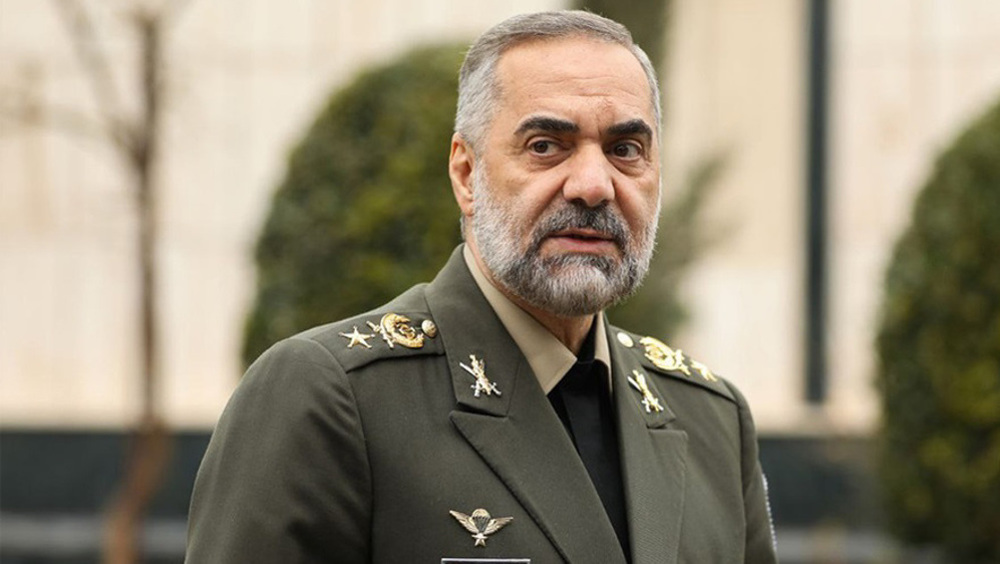
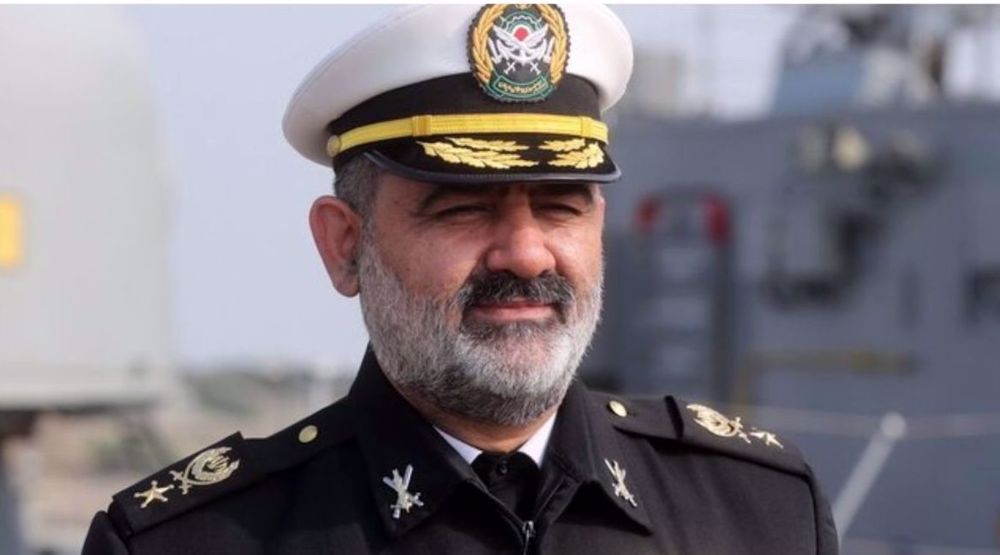
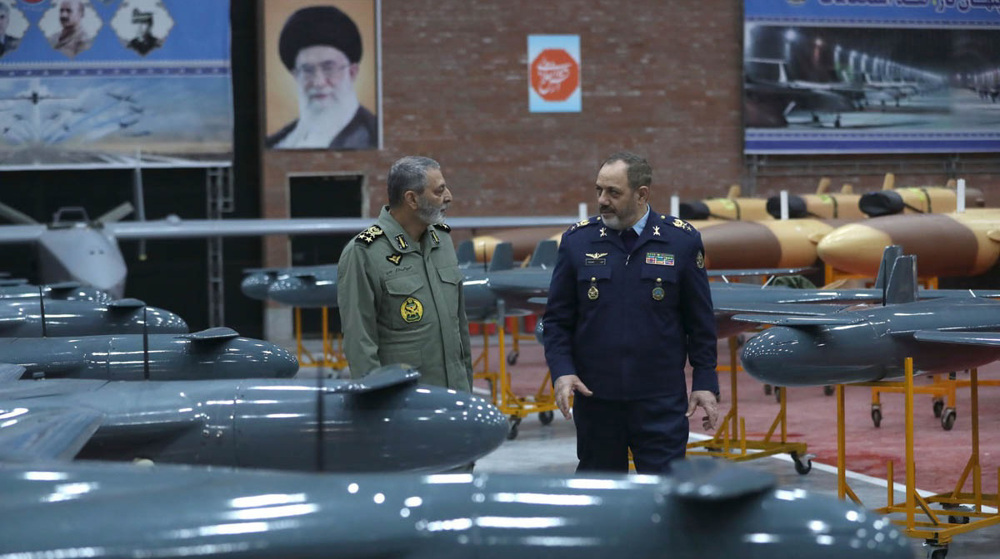
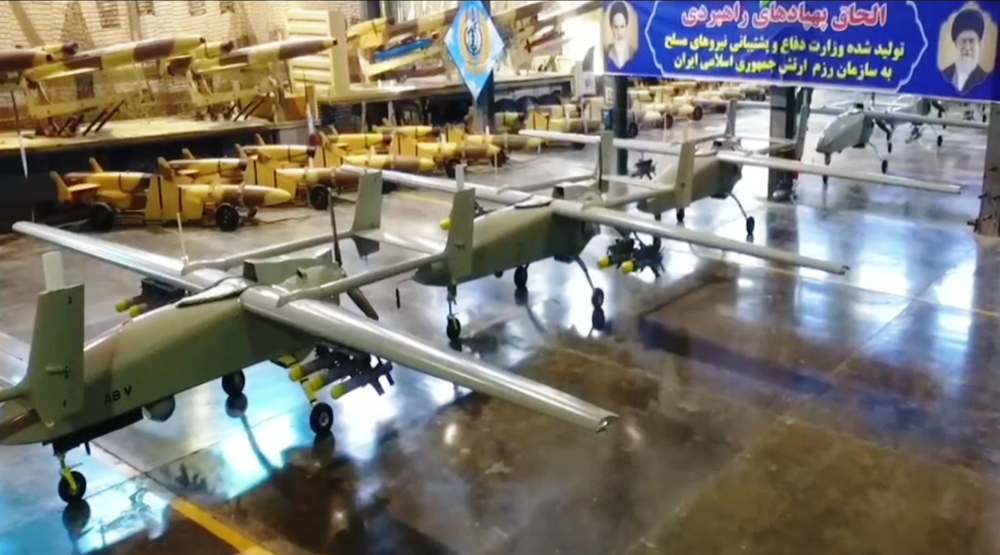



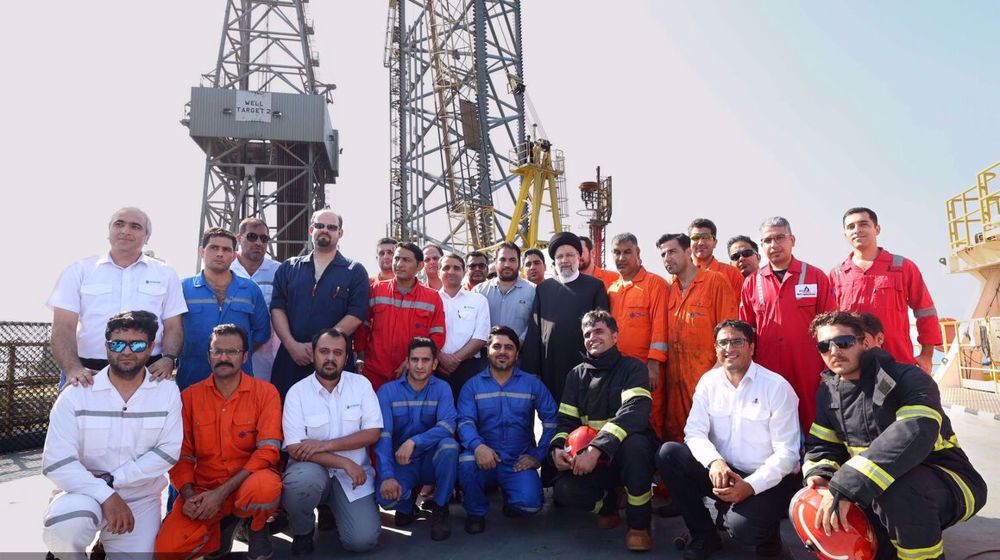
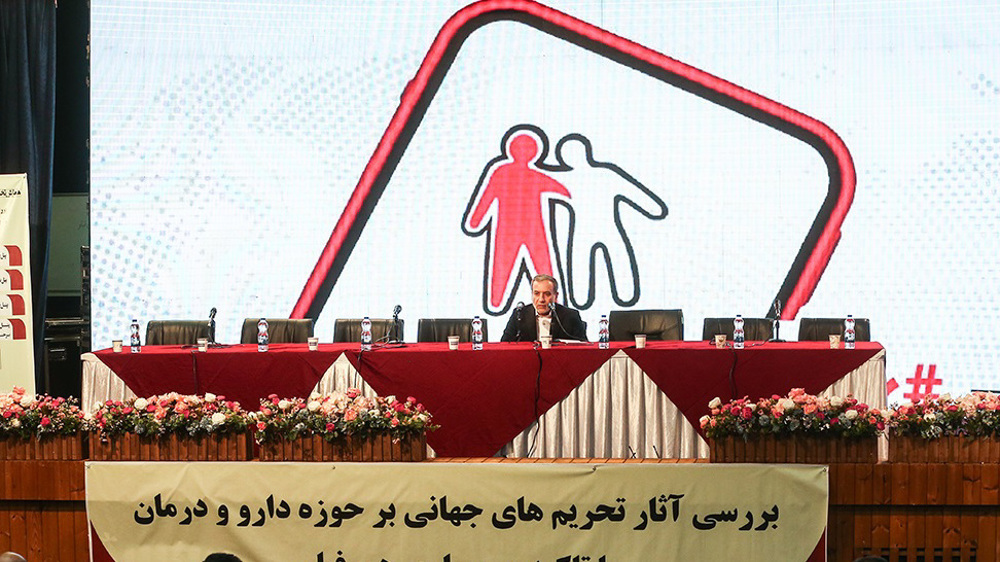
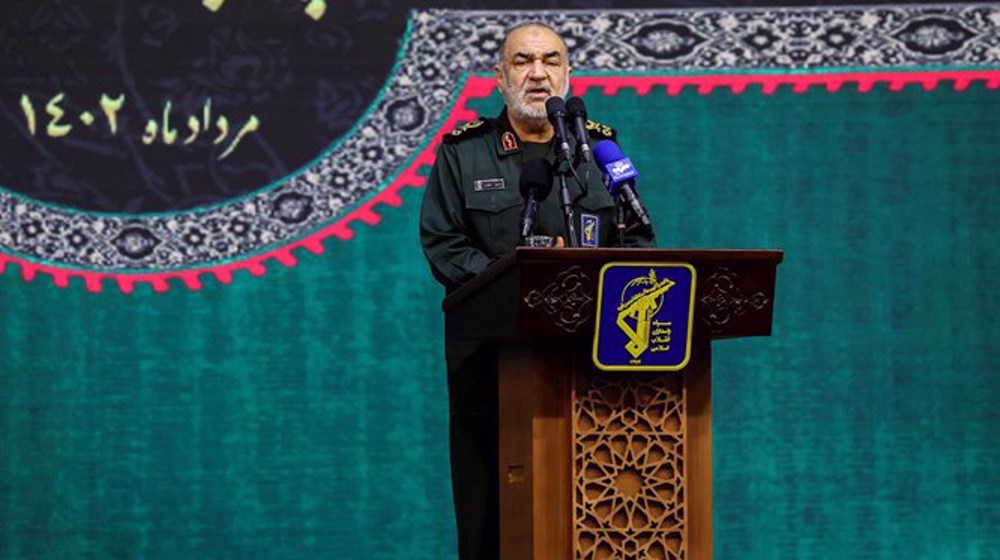

 This makes it easy to access the Press TV website
This makes it easy to access the Press TV website